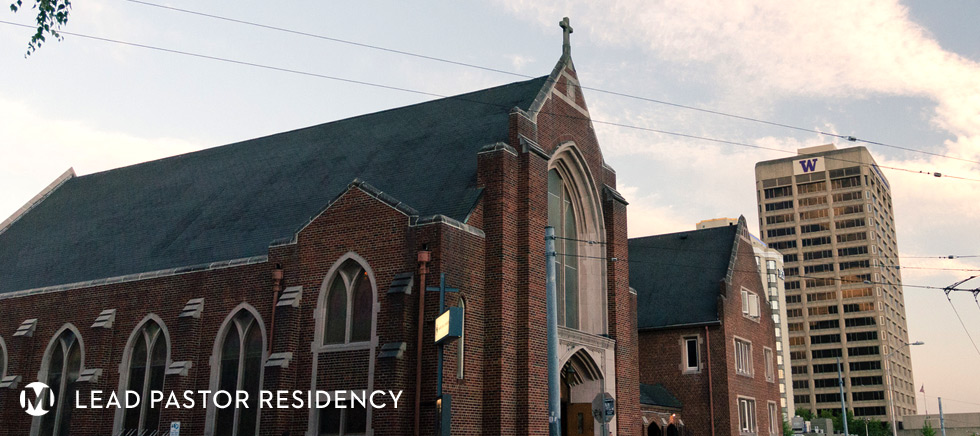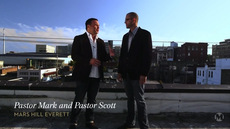“I have become all things to all people, that by all means I might save some.” 1 Corinthians 9:22
There’s a perception that larger churches with multiple locations adopt some cookie-cutter, one-size-fits-all approach to ministry and fail at connecting gospel and culture. At Mars Hill, this couldn’t be further from the truth.
Each Sunday, I experience Mars Hill Church in two very different communities. One church is located in the heart of Bellevue: a fast-paced, business-minded, technology-driven environment filled with professionals and families of all ages. The other is within walking distance from the University of Washington and is made up primarily of college students and young families.
Both churches represent Mars Hill: the same doctrine, the same mission, even the same philosophy of ministry—yet they couldn’t look more different. So how can Mars Hill with 14 churches across four states proclaim the message of Jesus and minister effectively to each unique community and culture?
The same way the Apostle Paul did: in context.
As Timothy Keller writes in his book Center Church, contextualizing means, “translating and adapting the communication and ministry of the gospel to a particular culture without compromising the essence and particulars of the gospel itself.”
Identify the idols
Paul realized that, although he had sound doctrine and the message of salvation, the key was communicating it in a familiar way that connected and met people where they were. He never watered down the gospel, but he did communicate it in a relatable way. In Acts 17:16–34, we find Paul’s spirit “provoked” as he looks around and sees how the city is filled with idols. Paul doesn’t just see the city as needing to be reached—he sees what people are actually worshiping outside of the gospel.
Paul identified what the issue is, but then he actually started conversing with the people right where they were in the synagogue and marketplace “every day.” Paul realized that you can’t stand outside of culture and effectively reach the city for Jesus—you need to be on the ground with the people, so you can understand how to relate the gospel in a way that they will understand.
Go outside
For me, this means getting out of the office in the U-District, and doing some of my work in the coffee shop next door. Why? So I can get to know my community, have conversations with students who come in and better understand the issues they’re dealing with and how I can serve them and communicate the gospel effectively in their context.
Instead of staying in at lunch each day, I need to take a walk down on The Ave where literally thousand of college students walk every day. If we love our city, and believe that Jesus loves our city and wants to redeem our city, then we need to be in our city. We can’t simply stand on the outskirts and regurgitate the same verbiage regardless of context. You wouldn’t talk to a five-year-old about money the same way you would talk to a CEO of a Fortune 500 company. So why would I communicate the gospel and minister to an 18-year-old college student the same way I would a 45-year-old business owner?
Connecting Christ’s gospel in context takes time, patience, and ultimately a heart for the people, which is only possible through a relationship with Jesus.
Bridging the gap
After Paul talked with the people, he then used his knowledge of the Athenians idol worship as a bridge to connect them to a true understanding of who God really is. In this passage, with this group of people, Paul didn’t just lay out flat, blanket statements explaining the gospel. He didn’t just say, “You’re a sinner, you need Jesus, now repent.” He could have, but thankfully he loved the people enough to relate with them and to make sure it made sense to them, and he did this by adapting the message to their culture. We must be about doing the same as we seek to minister and communicate the gospel clearly.
Evidencing grace
It’s amazing to see evidence of this happening at Mars Hill each week. Just the other day I heard a story of how a college student’s life was changed because of the U-District church’s College Advance. The week before that, I met a man who was addicted to porn a year ago, but a friend invited him to Mars Hill and he joined a Redemption Group and is now free of that sin in his life and has a better understanding of God’s grace.
Over the past month it’s been amazing to see how God can use one church with 14 different locations to reach 14 unique and diverse cultures with one truth: it’s all about Jesus.
Drew Hensley is a lead pastor resident at the U-District church.
















